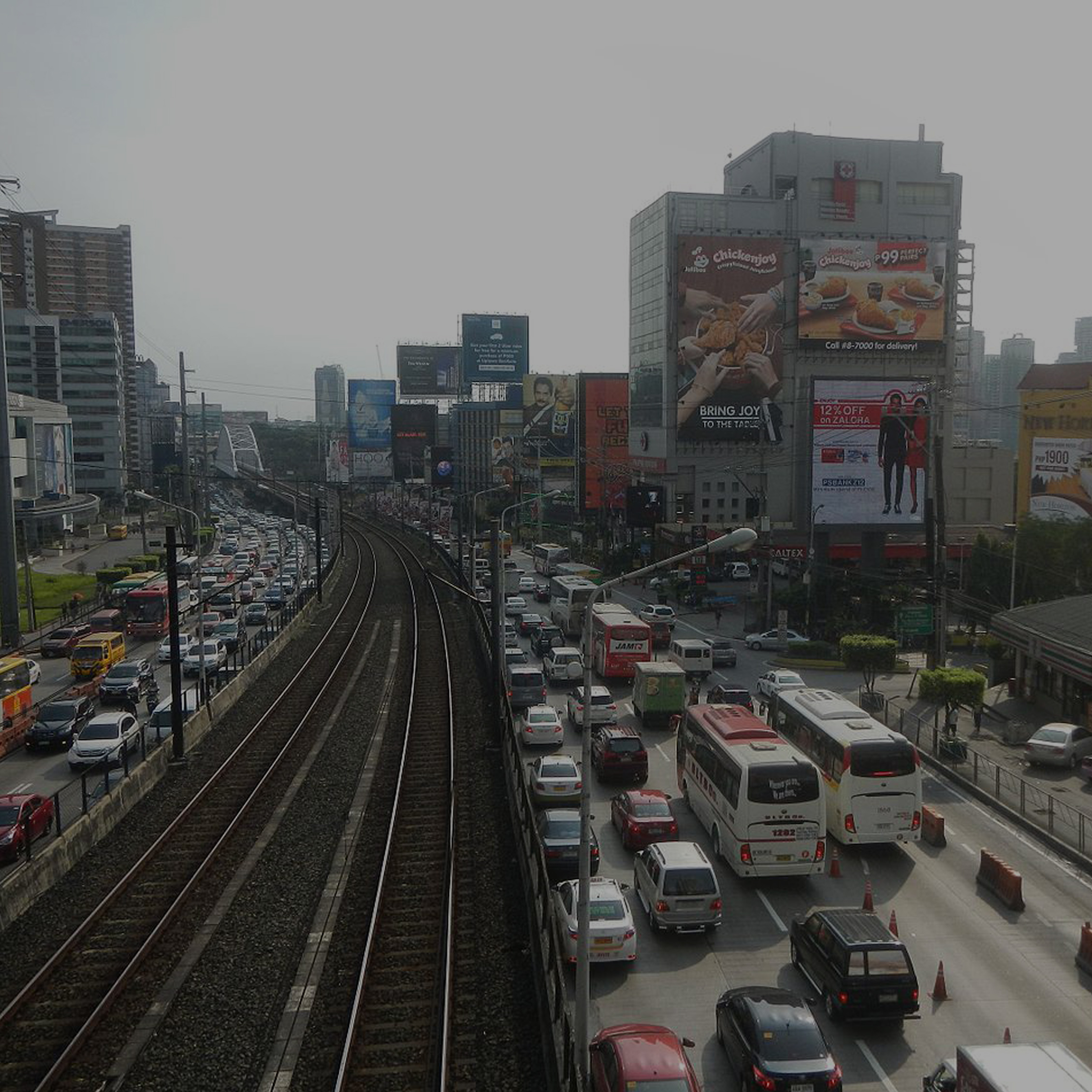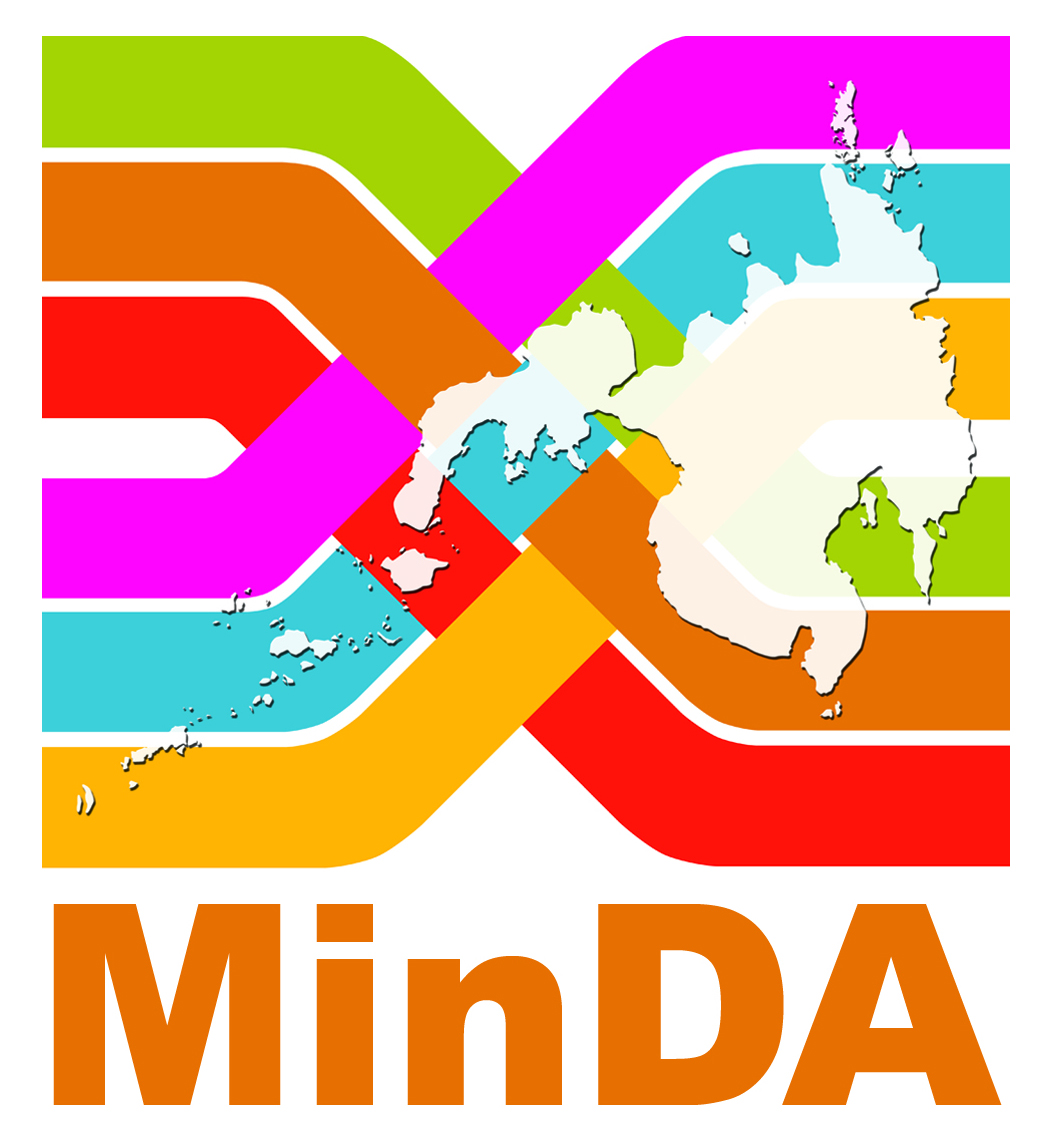Transportation
Socioeconomic Issue in Spotlight

Over the years, the country’s worsening traffic problem and inefficient transport system have affected the economy.
In 2014, the Japan International Cooperation Agency (JICA) revealed that the traffic congestion in Metro Manila costs the Philippine economy at least PHP 2.4 billion per day. This amount reflects the value of time lost due to delay, fuel costs, impact on health, and environmental destruction, among others.
With the traffic piling up due to the rising urbanization in the capital, JICA predicts the associated costs will likely increase to PHP 6 billion if no effective intervention will be implemented by 2030. At present, Filipinos are wasting roughly PHP 5.5 billion annually on Epifanio de Santos Avenue or EDSA’s notorious traffic alone, according to Domingo et al. (2015).
These figures only highlight the pressing need to formulate policies and introduce innovative solutions to improve the country’s transportation system and traffic situation. Torres (2017), for instance, recommends the reduction of the volume of vehicles plying EDSA daily. By doing so, buses will be able to quadruple their trips to accommodate more passengers. Domingo et al. (2015) also suggests the consolidation of bus operators to form bus consortia. With fewer bus transport operators, they argue monitoring and regulation will be easier.
The Department of Transportation has also laid out its plans to improve public transportation networks, promote alternative mobility options, and encourage the use of cleaner and environment-friendly transport systems. Some of these initiatives include the express bus and point-to-point bus service rollout in the country’s major thoroughfares, the construction of Manila Metro Rail Transit System Line 7, and the impending jeepney modernization plan.
Improving other modes of transportation will also minimize the traffic congestion in the Philippines. Among others, Francisco (2017) recommends the roll-on/roll-off (Ro-Ro) system, which he says has demonstrated positive outcomes not only in enhancing the mobility of goods and services but also in providing welfare-improving opportunities especially to households living near the Ro-Ro ports.
The Socioeconomic Research Portal for the Philippines (SERP-P) has a collection of studies on the analyses of transportation issues in the Philippines, including transport energy demand (Ricardo et. al 2006), the impact of EDSA-MRT stations in land use and economic changes (Lapeña 2004), the impact of Ro-Ro transport system in the Philippines (Francisco 2017), and the competition among bus operators along EDSA (Llanto and Gerochi 2017).


